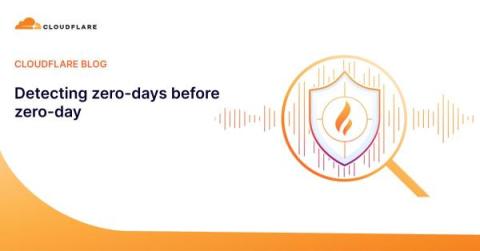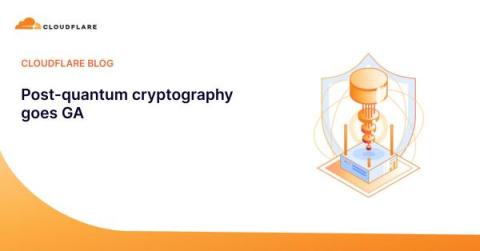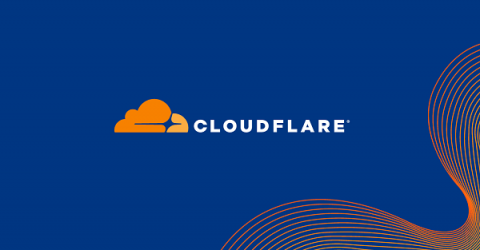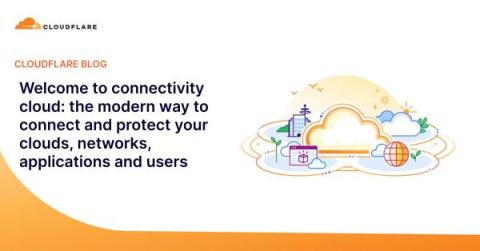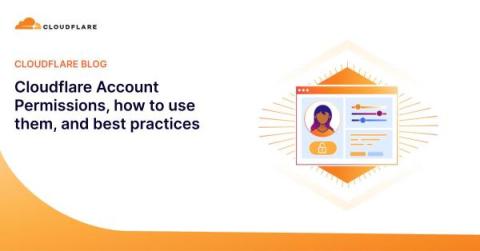Cloudflare now uses post-quantum cryptography to talk to your origin server
Quantum computers pose a serious threat to security and privacy of the Internet: encrypted communication intercepted today can be decrypted in the future by a sufficiently advanced quantum computer. To counter this store-now/decrypt-later threat, cryptographers have been hard at work over the last decades proposing and vetting post-quantum cryptography (PQC), cryptography that’s designed to withstand attacks of quantum computers.




